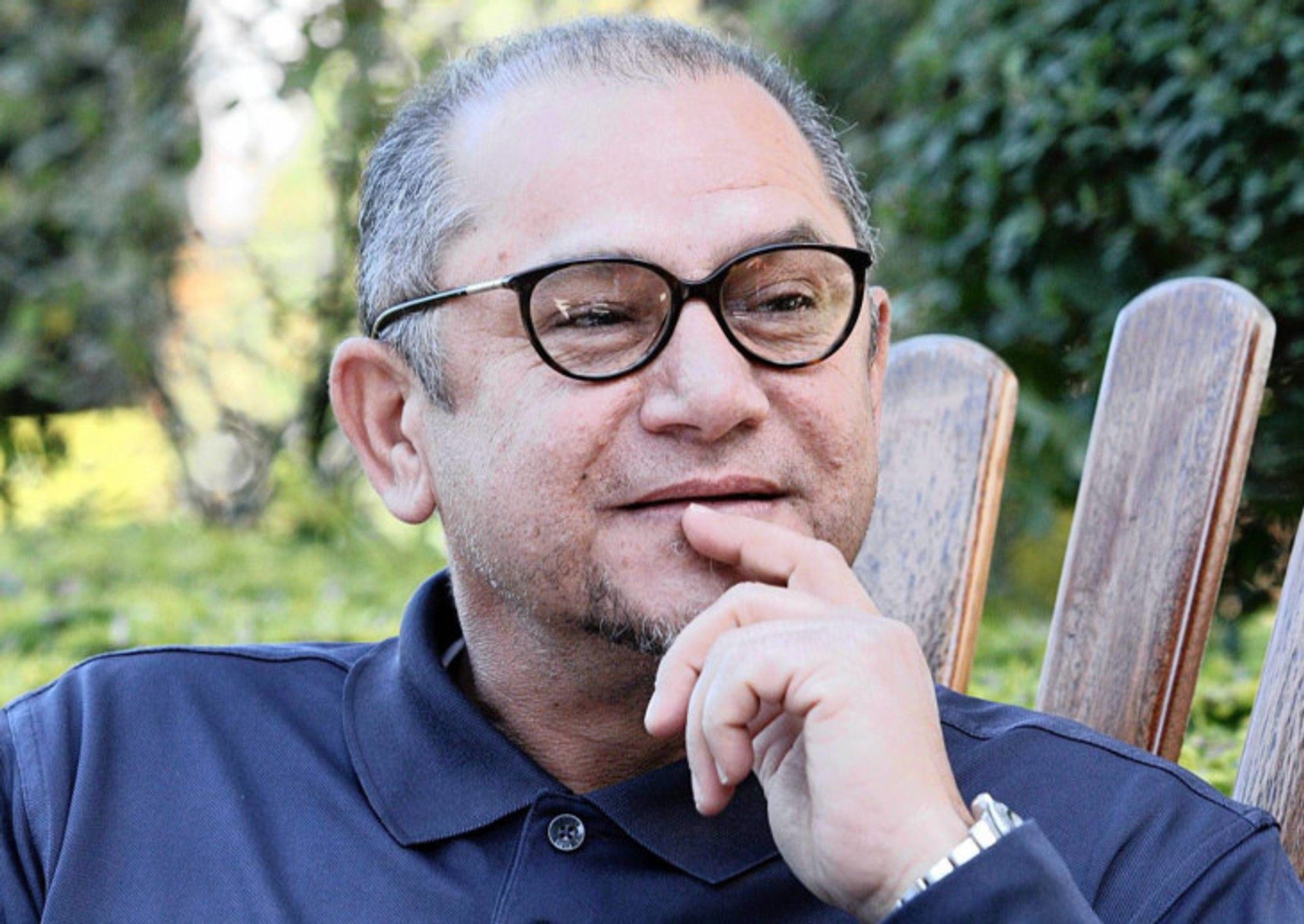411
16 Years Later: What Happened to Schabir Shaik’s ‘Terminal’ Illness?

It’s been over 16 years since Schabir Shaik, the former financial advisor to Jacob Zuma, was controversially released on medical parole, having served just over two years of a 15-year sentence for fraud and corruption. Declared “terminally ill” in 2009, Shaik’s freedom has long raised questions — and now, new responses from the Department of Correctional Services suggest those questions remain largely unanswered.
No Health Oversight Required
In response to a parliamentary query from the DA’s Michele Clarke, Minister of Correctional Services Dr. Pieter Groenewald revealed that no ongoing medical monitoring is required for parolees released on medical grounds.
“There is no provision by DCS Medical Parole Policy for reassessment of any parolee,” Groenewald said.
While confirming that a medical assessment was conducted before Shaik’s release, the minister added that parolees are handed referral letters and are expected to seek medical care independently. Shaik, he noted, consulted his own doctor and psychologist and had complied with parole conditions like house arrest, office consultations, and social work programmes.
Doctors’ Identities Kept Private
When asked who diagnosed Shaik and recommended his release, Groenewald invoked POPIA – the Protection of Personal Information Act – citing patient confidentiality.
“The names of the doctors should be requested in line with the Protection of Personal Information Act (POPIA), 04 of 2013,” he stated.
That protection also extends to details about the doctors’ qualifications and employment, meaning that key information behind Shaik’s parole remains shielded from public scrutiny.
A Free Man and Political Actor
Shaik’s sentence officially expired in January 2020, making him a free citizen. He has since re-entered the political space, aligning himself with the uMkhonto weSizwe (MK) party, led by former president Jacob Zuma.
His release in 2009 drew sharp criticism across South Africa, with many viewing it as a politically influenced decision. The controversy eventually led to amendments in the Correctional Services Act, tightening the criteria for medical parole.
Despite the outcry, no legal reversal of Shaik’s parole occurred, and now, nearly two decades later, South Africans are still left wondering: just how terminal was his illness?
Key Takeaways:
-
Schabir Shaik has not been medically monitored by Correctional Services since 2009.
-
Medical parole policy does not require reassessment or ongoing treatment from the department.
-
Doctors involved in his release remain undisclosed due to privacy laws.
-
Shaik’s sentence ended in 2020; he is now politically active again.
{Source: The Citizen}
Follow Joburg ETC on Facebook, Twitter , TikTok and Instagram
For more News in Johannesburg, visit joburgetc.com


























